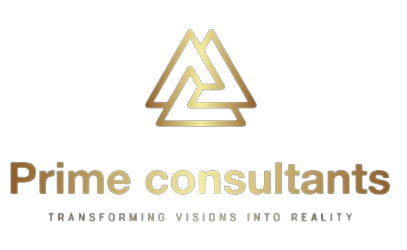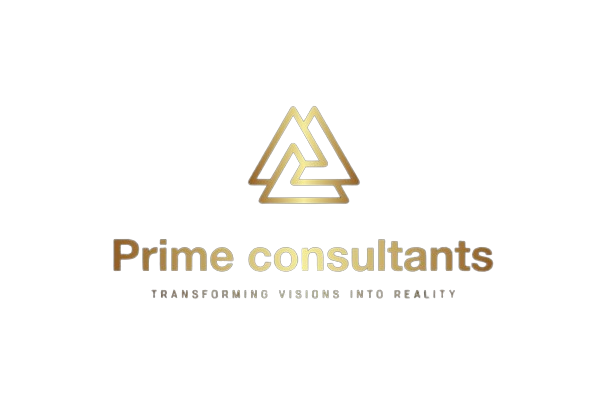Stakeholder communication & Reporting
Project Planning (Primavera Dashboard)
1. Project Setup & Schedule Development
- Conduct project kickoff workshops to define objectives, deliverables, and timelines
- Develop Work Breakdown Structure (WBS) and Organizational Breakdown Structure (OBS)
- Create baseline schedules in Primavera P6 with critical path analysis
- Establish resource-loaded schedules (labor, equipment, materials)
2. Primavera Dashboard Configuration
- Design interactive dashboards for real-time project monitoring
- Configure KPIs (Schedule Performance Index, Planned vs. Actual Progress)
- Set up automated alerts for delays, overruns, and milestones
- Integrate cost and schedule data for Earned Value Management (EVM)

3. Schedule Optimization & Risk Management
- Perform what-if scenario analysis for risk mitigation
- Optimize resource allocation to prevent bottlenecks
- Conduct schedule compression (crashing/fast-tracking) where needed
- Link risk registers to schedule contingencies
4. Training & Knowledge Transfer
- Provide Primavera P6 training for project teams (basic to advanced)
- Develop custom user manuals and quick-reference guides
- Offer post-implementation support for troubleshooting
5. Performance Tracking & Reporting
- Generate weekly/monthly progress reports with visual dashboards
- Track schedule variance, float, and critical path updates
- Deliver predictive analytics for potential delays
- Conduct schedule audits to ensure compliance with best practices
Project Feasibility and Reporting
(Excel, MS PowerBI and MS projects)
1. Feasibility Study & Market Analysis
- Conduct market demand assessment (trends, competition, target audience)
- Perform technical feasibility review (site conditions, resource availability, technology requirements)
- Develop financial feasibility models (ROI, NPV, IRR, payback period)
- Evaluate legal & regulatory compliance (permits, zoning, environmental impact)
2. Business Case Development
- Prepare cost-benefit analysis with risk-adjusted projections
- Define project scope, objectives, and success KPIs
- Identify stakeholder expectations & alignment strategies
- Recommend optimal project approach (EPC, PPP, Agile, Hybrid)
3. Project Planning & Scheduling
- Create high-level project roadmap with key milestones
- Develop resource-loaded schedules (Primavera P6/MS Project)
- Establish baseline budgets with cost control mechanisms
- Integrate risk management plans into project timelinesLorem ipsum dolor sit amet, consectetur adipiscing elit. Ut elit tellus, luctus nec ullamcorper mattis, pulvinar dapibus leo.
4. Reporting Framework & Dashboard Setup
- Design customized progress dashboards (Power BI, Tableau, Excel)
- Automate KPI tracking (schedule variance, cost performance, quality metrics)
- Generate executive summaries with actionable insights
- Implement real-time alerts for deviations from planLorem ipsum dolor sit amet, consectetur adipiscing elit. Ut elit tellus, luctus nec ullamcorper mattis, pulvinar dapibus leo.
5. Stakeholder Communication & Governance
- Prepare investor/board-ready reports with visual storytelling
- Conduct periodic review meetings with decision-makers
- Ensure transparency & compliance in reporting standards
- Provide post-feasibility implementation support
KPI and Financial Dashboards (Excel, MS PowerBI)
1. Dashboard Requirements & KPI Definition
- Conduct stakeholder workshops to define key performance indicators (KPIs)
- Identify data sources (ERP, accounting software, project management tools)
- Establish reporting frequency (real-time, daily, weekly, monthly)
- Define visualization preferences (charts, graphs, tables)
2. Dashboard Development (Excel/Power BI)
- Excel-Based Dashboards:
- Create interactive templates with pivot tables, slicers, and macros
- Automate data imports from external sources
- Design financial models (budget vs. actual, cash flow forecasting)
- Power BI Dashboards:
- Develop dynamic, cloud-based dashboards with drill-down capabilities
- Integrate live data feeds (SQL, APIs, SharePoint)
- Excel-Based Dashboards:
3. Financial Performance Tracking
- Cost Management:
- Track budget vs. actual spend with variance analysis
- Monitor cash flow projections and liquidity
- Revenue & Profitability:
- Visualize gross margin, EBITDA, ROI trends
- Forecast financial outcomes based on project progress
4. Project KPI Monitoring
- Schedule Performance:
- Track planned vs. actual timelines (Gantt charts, milestones)
- Measure critical path delays
- Resource Utilization:
- Analyze labor, equipment, and material efficiency
- Identify over/under-allocated resources
- Quality & Risk Metrics:
- Monitor defect rates, compliance breaches, risk exposure
5. Automation & Maintenance
- Set up scheduled refreshes for live data updates
- Provide user training for self-service reporting
- Offer ongoing support for troubleshooting and enhancements

